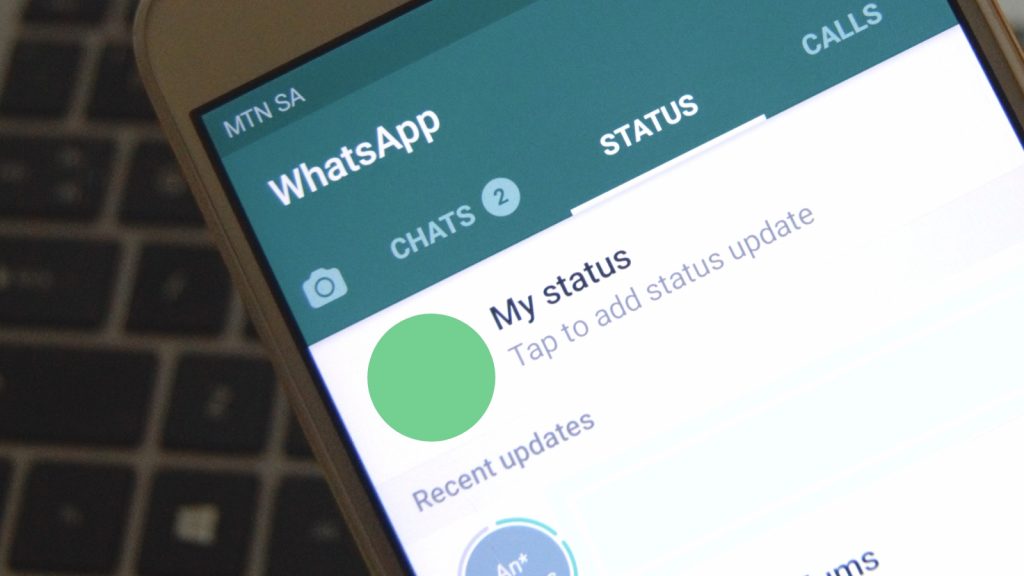OpenAI has launched GPT 5.2, a major model upgrade now available in both the API and ChatGPT. It is described as the company’s most…
As WhatsApp says bye to 2019, what does 2020 hold for the chat app?

If WhatsApp was a kid in 2019, we’d struggle to find reasons to give it an A+ report card.
A slew of additions to its functionality and privacy made 2019 a blockbuster year for the service, but it was also marred by outages, security vulnerabilities and a sterner guiding hand from Facebook.
January was a month filled with promise for the chat service. It announced an expansion of WhatsApp Business to the web — a huge move that made it much easier for small enterprises to manage their profiles.
But it was also in the throes of the sweeping fake news movement in India that spilled over into 2019. It announced it would quash this by tightening its message forward limits.
In February, WhatsApp turned 10 pushing its business features and also adding new authentication measures to iOS. It also announced more user-focused additions, including the ability to deny group invites.
However, March would be one of the service’s worst months of the year.
Although it began with reports that Facebook would adorn its crown jewel messaging service with its own cryptocurrency, it also announced that two important cogs in its operations would leave the company, one of which being Chris Daniels, WhatsApp’s chief product officer.
Zuckerberg, in an announcement letter in March paid homage to Daniels, noted that “he has helped define the business model for our messaging services going forward”.
Just a day earlier, Facebook, Instagram and WhatsApp suffered their first big outage of the year. It wouldn’t be the last.
Almost a month later to the day, the service would crash in South Africa and other key areas of the globe. #WhatsAppDown trended on Twitter for the second time in as many months.
But, April was a much brighter month. A number of key features arrived on iOS, namely its suite of Business tools, and Group privacy tweaks. Rumours suggesting a WhatsApp version for iPad was in the works also came to light.
April was also the first time “dark mode” was mentioned as a possible feature for WhatsApp in 2019, but at the time of writing, that’s still a feature we’re waiting for.
May was F8 month, with a slew of announcements for Facebook’s host of services revealed at the developer conference.
WhatsApp Business, again, remained a key focus for Facebook. A catalogue for businesses, it announced, would be built for the app in the coming months. It would finally go live in November.
But WhatsApp also had more pressing issues in May. A new but old buffer overflow exploit, carried out using the chat app’s voice calling functionality, was discovered. Within three days, WhatsApp had issued a patch, but the issue would later rear its head again in October.
More importantly for users of some devices — namely older versions of Android and iOS, as well as all users of Windows Phone — would be unable to access the app’s services as early as the end of 2019.
But for those who have more modern devices, you could look forward to more important features in 2019.
WABetaInfo dropped an exclusive suggesting that the chat app could allow the use of multiple devices under a single account, completely transforming how WhatsApp is used. The feature hasn’t yet gone live at the time of writing.
KaiOS devices also received WhatsApp in July, introducing the chat app to smart feature phone users. It was arguably one of the more important developments for WhatsApp in 2019.
In August, Facebook tightened its marketing grip on both WhatsApp and Instagram announcing that it would soon include a “from Facebook” suffix to each of their names.
WhatsApp would also experience its third major outage of 2019 in August.
As spring sprung in the southern hemisphere, Google announced Assistant would welcome WhatsApp to its supported apps list, enabling users to send messages and reply to others using the voice assistant.
GIFs also turned out to be one of the most dangerous things to send on WhatsApp in October. A new GIF-related vulnerability could open your smartphone’s files to attackers.
But WhatsApp again focused on privacy-related addition to its service, with a privacy blacklist in the works and the emergence of Snapchat-like disappearing messages.
November saw the introduction of live Netflix trailer previews to the chat app, while fingerprint authentication finally arrived on Android devices months after it hit iOS.
WhatsApp in 2020: what can we look forward to?
Based on features that were teased but never released, we could finally see a dark mode for the chat app launch in 2020.
Additionally, 2020 also seems to be the year that Facebook debuts its Libra cryptocurrency. How it plays alongside WhatsApp, which was also reportedly set to sport its own digital currency, will likely be revealed this year too.
Beyond that, usability enhancements could also arrive, including the ability to log in to WhatsApp on multiple devices. This could be huge.
Either way, 2020 could be an interesting year for WhatsApp, as it competes against the likes of Telegram and WeChat globally.
Feature image: Shereesa Moodley/Memeburn


